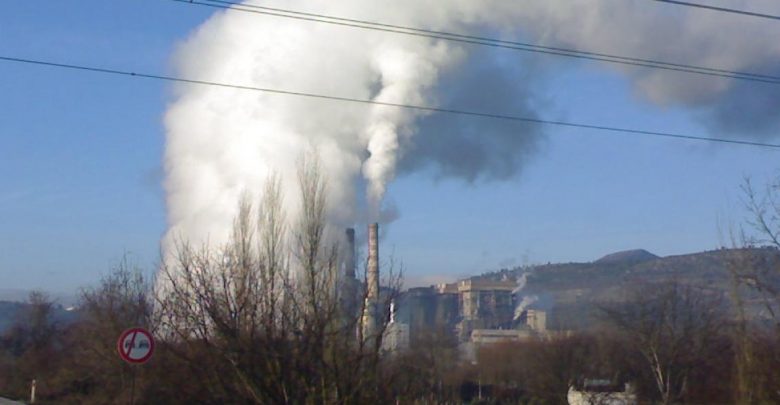Coal mines in western Turkey threatens villages, nature
Five villages around Yatağan Power Plant were evacuated, according to Birgün.

Settlements around Yatağan Power Plant, a coal power plant in the western province of Muğla, are severely affected, left-leaning Turkish daily Birgün reported on Sunday.
Coal-fire power production meets about one-third of Turkey’s electricity needs and covers a quarter of Turkey’s primary energy consumption, according to 2018 data published by the Ministry of Energy and Natural Resources.
The Turkish government is seeking to support an expansion in the production of power with local coal and is promoting new coal-fired power plants. Environmentalists oppose increased production of lignite coal, saying that quality is inferior and causes unnecessary pollution.
Five villages around Yatağan Power Plant were evacuated, according to Birgün.
“We are very damaged due to the thermal power plant established in our village. 10 years ago, our olive trees were more productive. Our trees were beautiful, we are very upset about this situation. If there are 100 people in the village, 90 of them have cancer,” said Fatma Karabaş, one of the villagers.
Pollution generated by coal power plants is dangerous and also very visible. The open-air coal mines devastated the land, while winds spread ash from the plant and coal dust from the mining facilities.
“I can not go into my garden, all my products in the garden have been damaged. When I enter my garden, I start itching. When I wake up in the morning, my throat burns. My organs have failed, my blood values are always low. Our fields are in very bad condition,” Karabaş said.
Meanwhile, the mines providing coal to Yatağan also threatens the ancient city of Lagina as they expand their area for more coal mining and keep spreading ash and coal dust, according to Birgün.
The Turkish government says increased mining of the country’s widespread lignite coalfields is a way of minimising imports of hard coal and natural gas. But in order to minimise the impact of air pollution, these plants are generally planned away from cities, in productive agricultural lands and/or forested areas.
Studies revealed crucial pollution levels around coal mines, with high concentrations of toxic heavy metals and polluted water damaging aquatic life and the soil.
Source: Ahval




